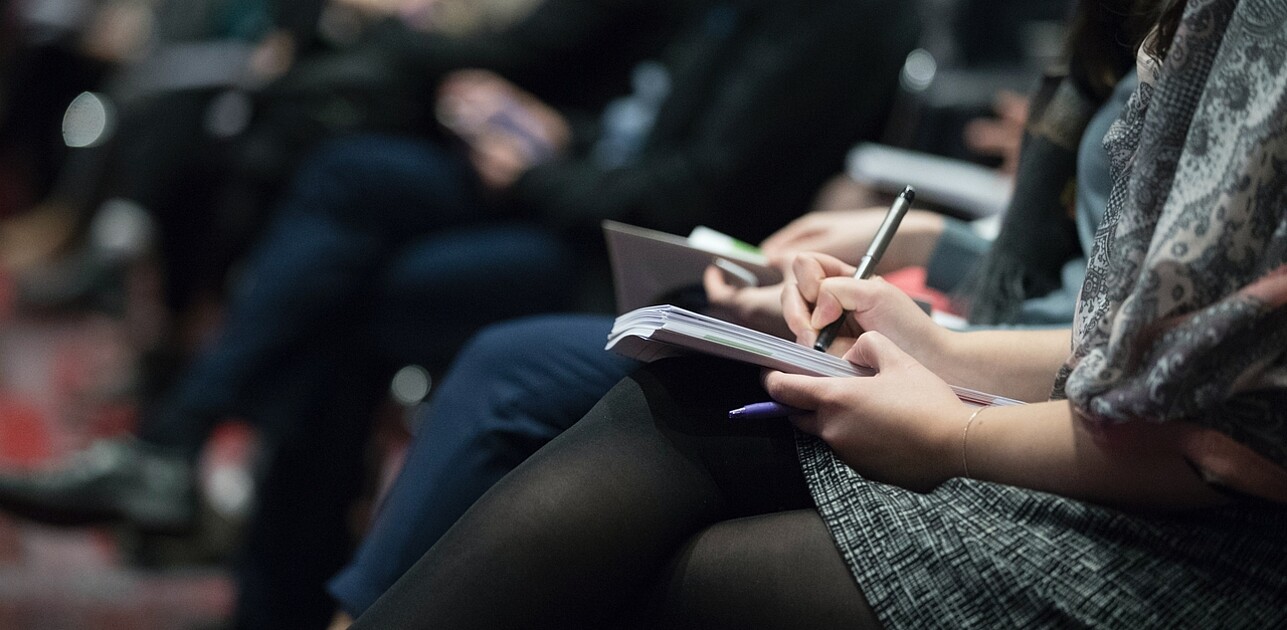

Video: Friday, 6 November 2015
During a police operation in response to the terrorist attacks on London in July 2005, the Brazilian electrician Jean Charles de Menezes was mistaken for a suicide terrorist and shot dead in Stockwell tube station. How did a highly skilled team of police specialists come to identify an innocent civilian as a terrorist? In a prize-winning paper, Joep Cornelissen, professor at Rotterdam School of Management, Erasmus University (RSM), examines how the team’s communication and ‘emotional contagion’ led to a dramatic group decision.
To find out how the team came to label de Menezes as a terrorist and eventually shoot him, Cornelissen looked at police reports of that day and studied transcripts of police communication. “The verbal communication during a time of high alert was subtle – but crucial – in the decision-making process,” says Cornelissen.
The surveillance officer who first noticed de Menezes was never entirely sure he matched the person on the photograph: ‘He is worth a second look,’ he said to his team leader. Despite the fact that police protocol demanded a positive identification, from that moment every observed action of de Menezes was interpreted and described by the other officers in terms of terrorist behaviour. This made it increasingly hard for the team to reconsider other options but to follow their target, resulting in his death.
Cornelissen’s analysis further showed that the team’s subconscious psychological framing of reality was supported by ‘emotional contagion’: the distress to be part of a high-profile anti-terrorist operation felt by team members was intensified by the words they used, their tone of voice and their signals during the operation. Sharing the common emotion of nervous anticipation made every team member even more dedicated to end the perceived terrorist threat.
Interestingly, the team could have picked up on several clues to question their course of action during the operation: de Menezes casually picked up a Metro newspaper, behaviour quite uncharacteristic for a nervous terrorist. By that time however most of the team members were already committed to their mental image of de Menezes as terrorist. The police reports even describe de Menezes as wearing a ‘bulky jacket’ (supposedly stuffed with bombs). In actual fact, he was wearing an open denim jacket.
Prof. Cornelissen demonstrates that the quality of team decisions taken under high pressure may suffer from incorrect framing caused by poor communication and emotional contagion. These mechanisms restrict critical self-assessment and leave little room for constructive dissent. Ultimately they can lead to poor judgement in organisations. “By focusing on a dramatic, high-profile case this study also offers insights and pointers for questions of leadership, improvisation, and effective communication within other, less challenging contexts,” Cornelissen concludes.

Joep Cornelissen’s paper is titled The Contraction of Meaning: The Combined Effect of Communication, Emotions, and Materiality on Sensemaking in the Stockwell Shooting. It has been published in the Journal of Management Studies, Volume 51, Issue 5, pages 699–736, July 2014


Science Communication and Media Officer
Rotterdam School of Management, Erasmus University (RSM) is one of Europe’s top-ranked business schools. RSM provides ground-breaking research and education furthering excellence in all aspects of management and is based in the international port city of Rotterdam – a vital nexus of business, logistics and trade. RSM’s primary focus is on developing business leaders with international careers who can become a force for positive change by carrying their innovative mindset into a sustainable future. Our first-class range of bachelor, master, MBA, PhD and executive programmes encourage them to become to become critical, creative, caring and collaborative thinkers and doers.
